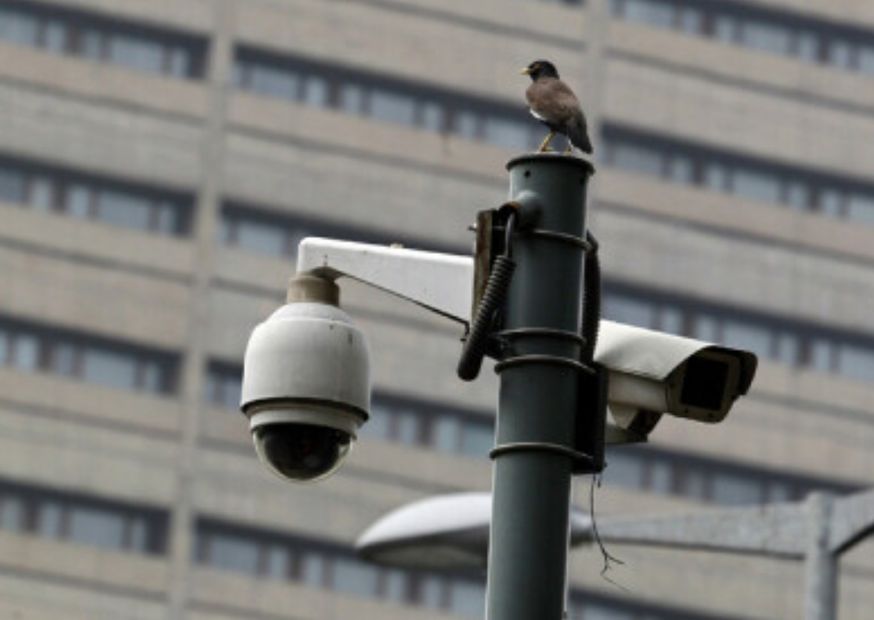QUETTA, PAKISTAN: A staggering series of revelations has emerged from the audit of the Quetta Safe City Project, uncovering massive irregularities in one of Balochistan’s most ambitious security ventures. The project, originally launched to modernize surveillance and strengthen law enforcement across the provincial capital, now stands clouded by controversy and mismanagement.
According to sources, the audit found severe anomalies in procurement, installation, and operational execution, with many components either missing or non-functional. Contracts were allegedly granted without transparent bidding, while a large number of CCTV cameras remain inactive or disconnected from the central monitoring unit. The findings suggest that millions of rupees were spent without accountability or performance assurance.
Investigators noted that several technical features promised under the project — including night-vision functionality and real-time monitoring — were never fully implemented. Furthermore, coordination failures between the Balochistan Police, Home Department, and project administration have left major parts of the surveillance network ineffective. Officials have described the initiative as “a project riddled with loopholes and administrative negligence.”
The Safe City initiative was envisioned to enhance crime detection, counter-terrorism response, and urban safety, but years later, it remains largely symbolic. Public confidence has been shaken as citizens question how a project designed to ensure their protection turned into a financial and governance fiasco.
Authorities are now facing growing calls for an independent investigation and strict accountability. Experts warn that without swift corrective measures, the Quetta Safe City Project could become another failed chapter in Pakistan’s ongoing struggle to modernize its security infrastructure.
This story has been reported by PakTribune. All rights reserved.



